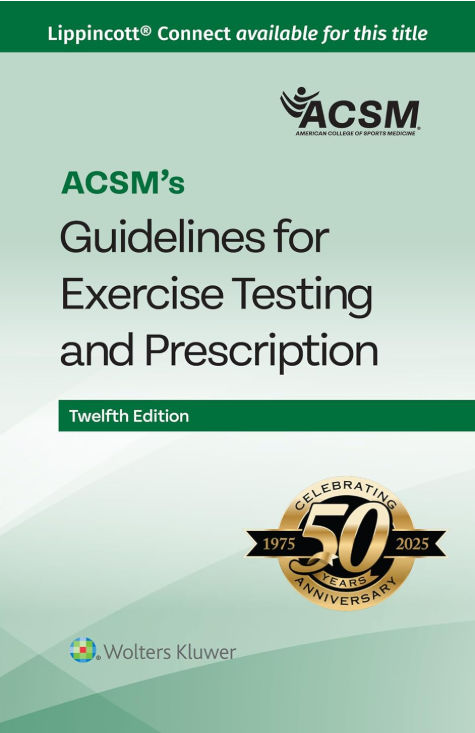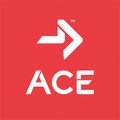|
Key Takeaways The American College of Sports Medicine (ACSM) recently released the 12th edition of ACSM’s Guidelines for Exercise Testing and Prescription, which includes key updates for any health coach or exercise professional. Click here to check out the latest edition of ACSM’s Guidelines for Exercise Testing and Prescription. |
The American College of Sports Medicine (ACSM) recently released the 12th edition of ACSM’s Guidelines for Exercise Testing and Prescription, marking 50 years since its inception in 1975. Over the years, this text has served as an invaluable resource for professionals both in the classroom and in the field by providing accessible and evidence-based information for the delivery of exercise testing and program design across diverse populations.
With each new edition, updates and innovations are applied to maintain scientific accuracy, reflect the most recent guidelines and recommendations, and mirror current position stands and scientific statements from ACSM and other professional organizations.
As a health coach or exercise professional, it’s essential that you stay up to date with current standards of care and best practices, particularly if you work with clients with diseases or conditions that require specific programming modifications.
The changes from the 11th to the 12th edition are wide-ranging and too much to cover in a single blog, but we wanted to highlight some areas where important changes were made. All pros should review these new guidelines, but this is especially true if you work with any of the following populations. As you will see, this list encompasses the vast majority of potential clients. In some cases, updates were made to important guidelines related to training clients with these conditions, while in others changes were made to the associated FITT (frequency, intensity, time and type) tables.
- Children and adolescents
- Older adults
- Pregnant women
- Transgender and gender diverse individuals
- Pediatric clients with cardiac conditions
- Clients with:
- Diabetes
- Dyslipidemia
- Hypertension
- Overweight and obesity
- Arthritis
- Cancer
- Fibromyalgia
- HIV
- Kidney disease
- Depression
- Anxiety
- Intellectual disability
In addition, important changes were made in sections covering resistance training and behavior-change strategies, two foundational elements of personal training.
 |
As an exercise professional or health coach, it is important to be aware of, and have access to, the most current guidelines for effective exercise testing and program design. Click here to check out the 12th edition of ACSM’s Guidelines for Exercise Testing and Prescription. |




 by
by 



